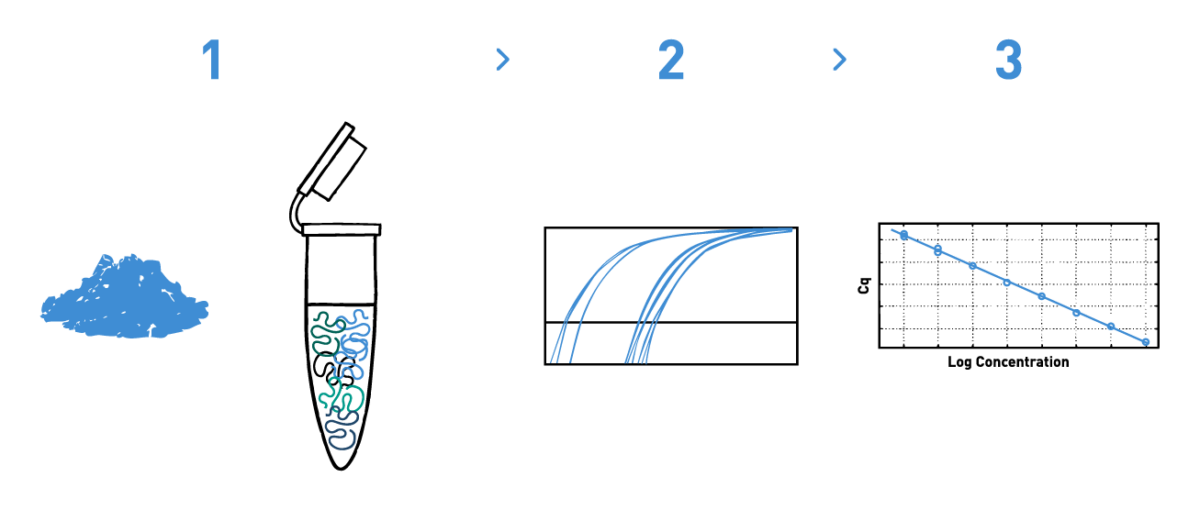Experts in monitoring microbial inoculants in soil by qPCR
Assess the effects of inoculation of biological control agents (BCAs) and biofertilisers
Today beneficial microorganisms are being used more and more frequently as an alternative to other more traditional methods for pest management and improved crop performance. However, there are times when it may be difficult to prove how effective these treatments are in terms of establishment, persistence, and changes in the composition of microbial communities in soils.
Culture-independent molecular methods, based on the direct analysis of total DNA extracted from soil samples, allow for a better detection and tracking of any indicator species, when compared to traditional culture-based methods. Among these methods, quantitative real-time PCR (qPCR) has become increasingly popular due to its high sensitivity, speed, and cost-effectiveness. At AllGenetics, we perform custom-tailored qPCR assays in order to infer the abundance of certain BCAs in soil samples.

Step 1
We isolate DNA from your soil samples. We have adapted different DNA isolation protocols, depending on the starting material.
Step 2
We perform qPCR to amplify and quantify target DNA sequences using in-house developed primers pairs and fluorescent probes specific for the microbial strain under study. A pilot qPCR experiment is carried out beforehand in order to check the specificity and efficiency of the assay to set up the qPCR conditions.
Step 3
We analyse the results of qPCR to confirm the presence/absence of the strain of interest and, if present, the abundance of the target sequence in each of the samples analysed.
What you receive
- A table with the estimated abundance of selected target sequences.
- A report of assay performance characteristics (melting curve analysis, PCR amplification efficiency, linear dynamic range, LOD, and Cq values of non-template negative controls).
What we need
Your soil samples appropriately preserved depending on the sample type (ethanol, silica gel, frozen, or another suitable preservation method). If required, we provide sampling kits and sampling collection guidelines to ensure that your samples arrive at our lab in optimal conditions.